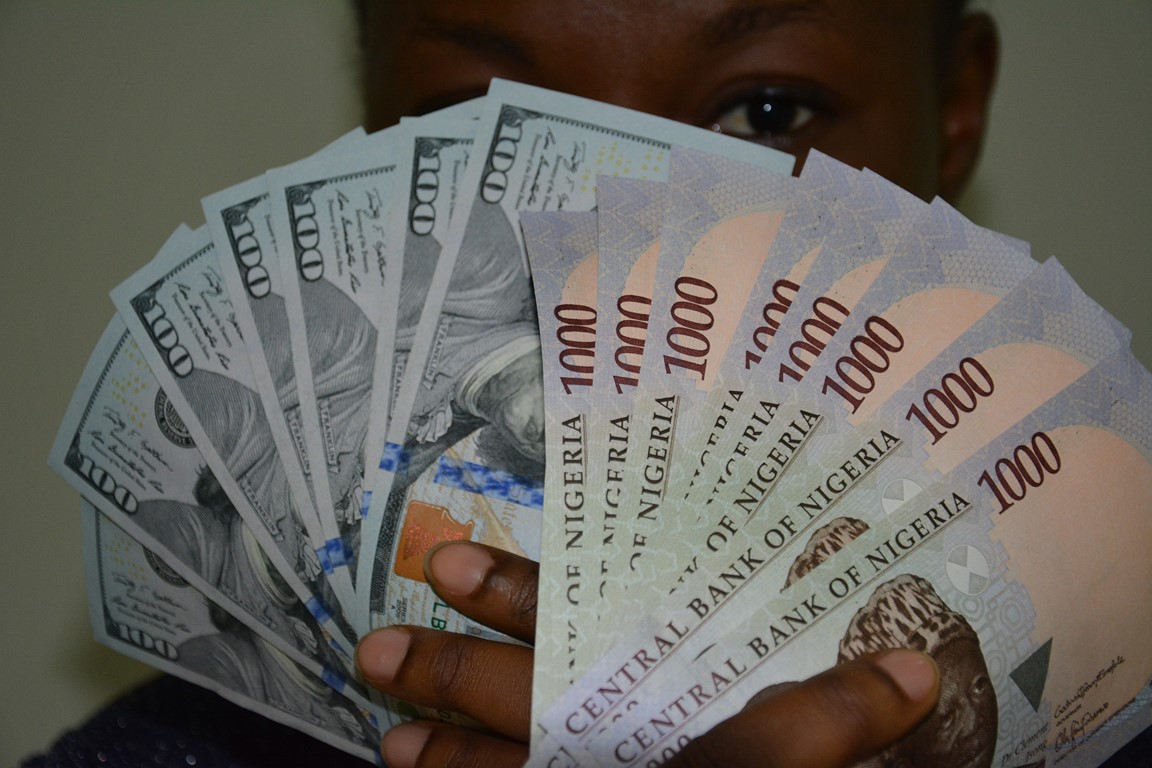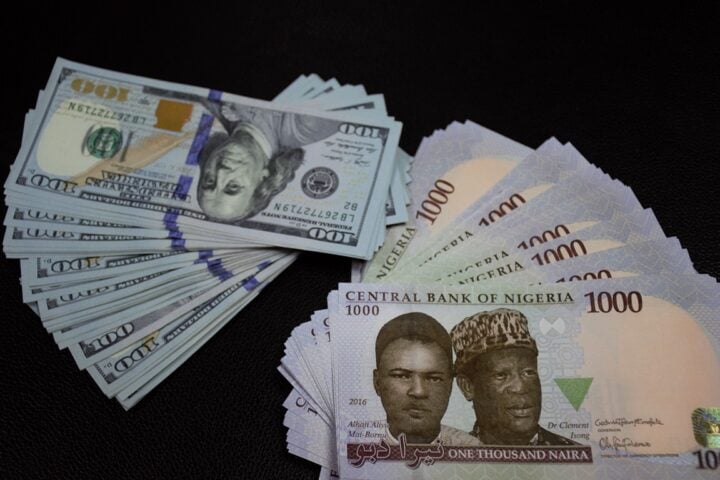On Wednesday, the Nigerian currency traded for N755 to the dollar at the investors and exporters (I&E) window, following a reported float of the local currency on the instruction of the Central Bank of Nigeria (CBN).
This means that the naira fell from N471 per dollar on Tuesday to N755 on Wednesday. In this brief explainer, TheCable will break down what this means for you and your business, and what happens next to the Nigerian naira, based on available data.
For context, this happened in June 2016 — exactly seven years ago — when the Central Bank of Nigeria allowed the naira to float at the interbank market. The local currency depreciated from 197 to the dollar to 253 in a few hours — before ending the day at about N280 to the greenback.
Investors were excited and the dollar inflow into Nigeria recorded a significant increase, as the new rates were seen as more reflective of value of the naira. In August, the country recorded more than five times increase in FX inflow from before the float.
Advertisement
What does it mean to float the naira?
Simply put, currency float is an exchange rate system where the local currency is set by the forces of demand and supply within the forex market.
In Nigeria, it means the elimination of a fixed price for forex trading within the country. This removes the direct intervention of the CBN from the forex market.
So what happened today was that when the fixed price was removed, the market decided that the dollar should trade anywhere between N664 and N775 — not the N471 previously quoted by the CBN and the I&E window.
Advertisement
First Move: Parallel Market reacts
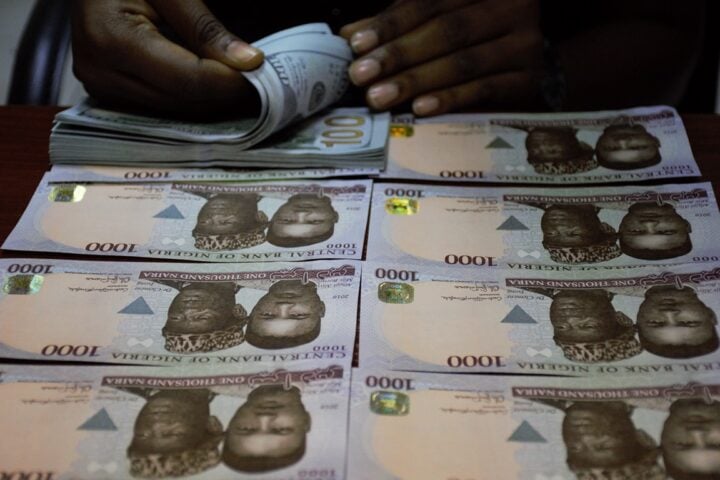
If 2016 is anything to go by, the first move is for the parallel market to react to the float immediately. The naira is expected to recover at the parallel market as demand drops. On the first day of the float in 2016, the naira recovered by 10 percent at the parallel market.
Once the float was activated at the I&E window on Wednesday, the naira fell to N755 but recovered to 664 by the close of business at the FMDQ trading platform.
The market also recorded a 3.13% rally at the Nigerian Exchange, showing investors’ endorsement of the policy and subsequent inflow of the greenback.
With easier-to-get forex at the I&E window, the demand at the parallel market is expected to reduce, and the prices should appreciate significantly.
Advertisement
What does this mean for students?
For students seeking to pay fees abroad, the forex subsidy is gone. But that is not all bad news; you can still fill out Form A and get forex, but this will be at the going rate at the I&E window.
TheCable understands that students who have filled out the form and have got approvals will get their forex at the old rate. For persons who have not received their approvals, they are expected to get dollars at the new rate or get their naira back.
Generally, access to forex will be a lot easier for students and those seeking medical care abroad.
What does this mean for businesses?
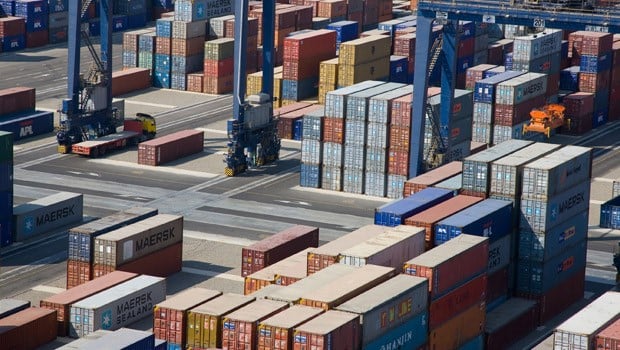
For businesses, this is a double-edged sword — both good and bad. For businesses that have taken dollar-denominated investments in the past, this means a significant increase in debt to be repaid.
Advertisement
If a business took a $100,000 loan in January 2023 through the official channels, that would be N47,000,000.
By the time the business begins to pay back by the end of the year, it will be paying back at the new rate anywhere between N75,500,000 to N66,400,000. That is approximately N20,000,000 difference. A similar float of the naira in 2016 contributed to the exit of Etisalat from Nigeria in 2017.
Advertisement
The good side, however, is that investors will get more interested in Nigeria and are expected to vote more money into the economy. Foreign portfolio investors, who previously stayed away from Nigeria due to multiple exchange rates are very likely to return, thereby increasing inflow.
In addition to this, Nigerian exports will now earn more money. For instance, 50kg of garri exported to the United States to sell at $100 returned N47,100 last week. Today, that same 50kg will return N75,000.
Advertisement
To cap it all, Nigerian businesses will now easily repatriate their FX earnings abroad back to the country. In the past, they were forced to sell at CBN rate, so they kept parts of their proceeds abroad and sold at the black market rate. This will change.
What does this mean for ordinary Nigerians?
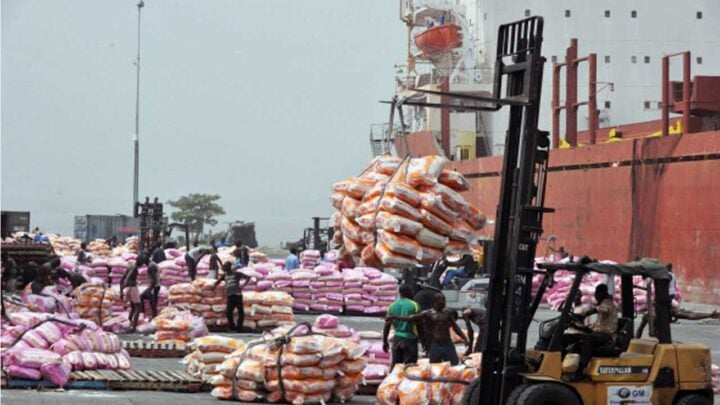
For most Nigerians, not a lot will change because a majority of goods and services were already priced at the parallel market rate of N750 to the dollar for about a year now.
Advertisement
However, imported goods and services, which were priced at 471 to the dollar, will get more expensive. For instance, imported drugs and pharmaceuticals will get more expensive. IELTS and visa costs will get more expensive.
The Nigerian economy is highly dependent on imports, hence an increase in the price of import means a hike in the prices of such goods and services.
What does this mean for states?

State governors are likely over the moon at this time. Their federal allocations are expected to increase by about 20 percent — all things being equal. In the interim, states will get more funds to run their affairs.
If the federal government got $1 billion in oil receipts and royalties for a month to share with states, that money would exchange for N471 billion last month. Now, the same money will exchange for between N664 billion to N755 billion.
This means the federal, state and local governments will earn more money following the float.
This also has a downside: due to the increase in prices of goods and services, workers will press harder for an increase in minimum wage and salaries. Hence, the increase in state income may be evened out by the increase in salaries if approved.
The float also significantly increases Nigeria’s foreign debt. In the past $10 billion debt meant N4.7 trillion naira. With the new rate, $10 billion debt now means N6.64 trillion to N7.55 trillion.
Only if the CBN does not backtrack
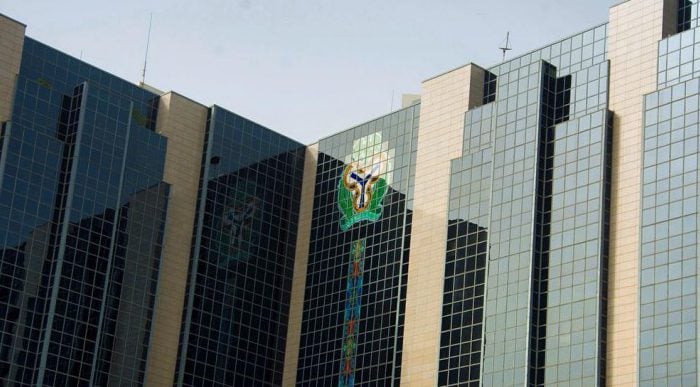
A lot of what will happen in the future depends on the Central Bank of Nigeria (CBN). In 2016/2017, the CBN did not leave the naira to float. The bank intervened in the market to influence the price, thereby tampering with the investors’ confidence in the policy.
In eight months, the naira depreciated from N330 at the parallel market to N520 — more than a 50 percent devaluation. The CBN intervened some more to bring the naira to N360 to a dollar, but with multiple policy decisions down the line, the naira is now at 750 to the dollar.
The CBN, and by extension, the government, must be willing to watch the naira appreciate and depreciate without intervening. A single intervention could change the entire direction of the policy.
Add a comment

